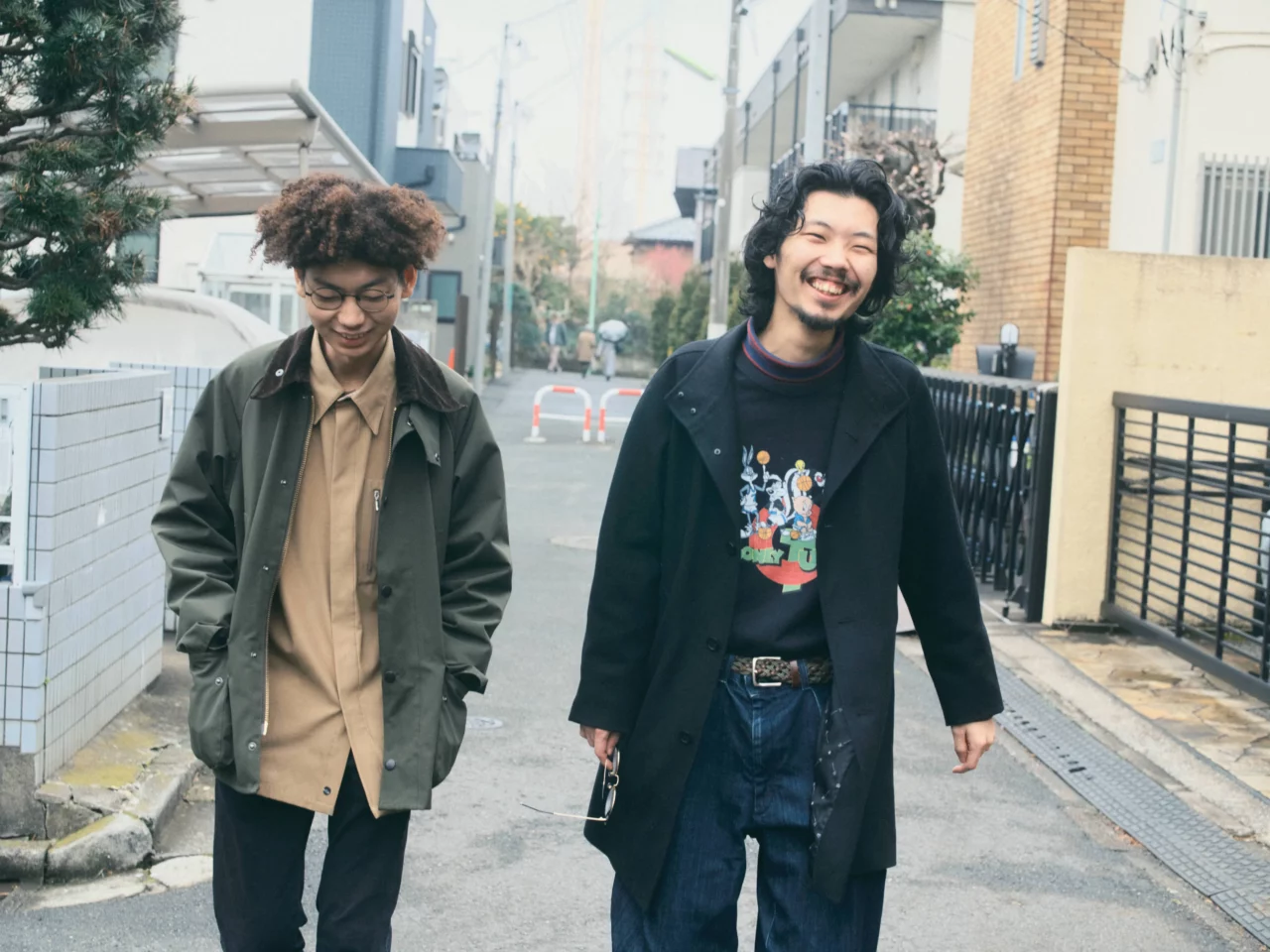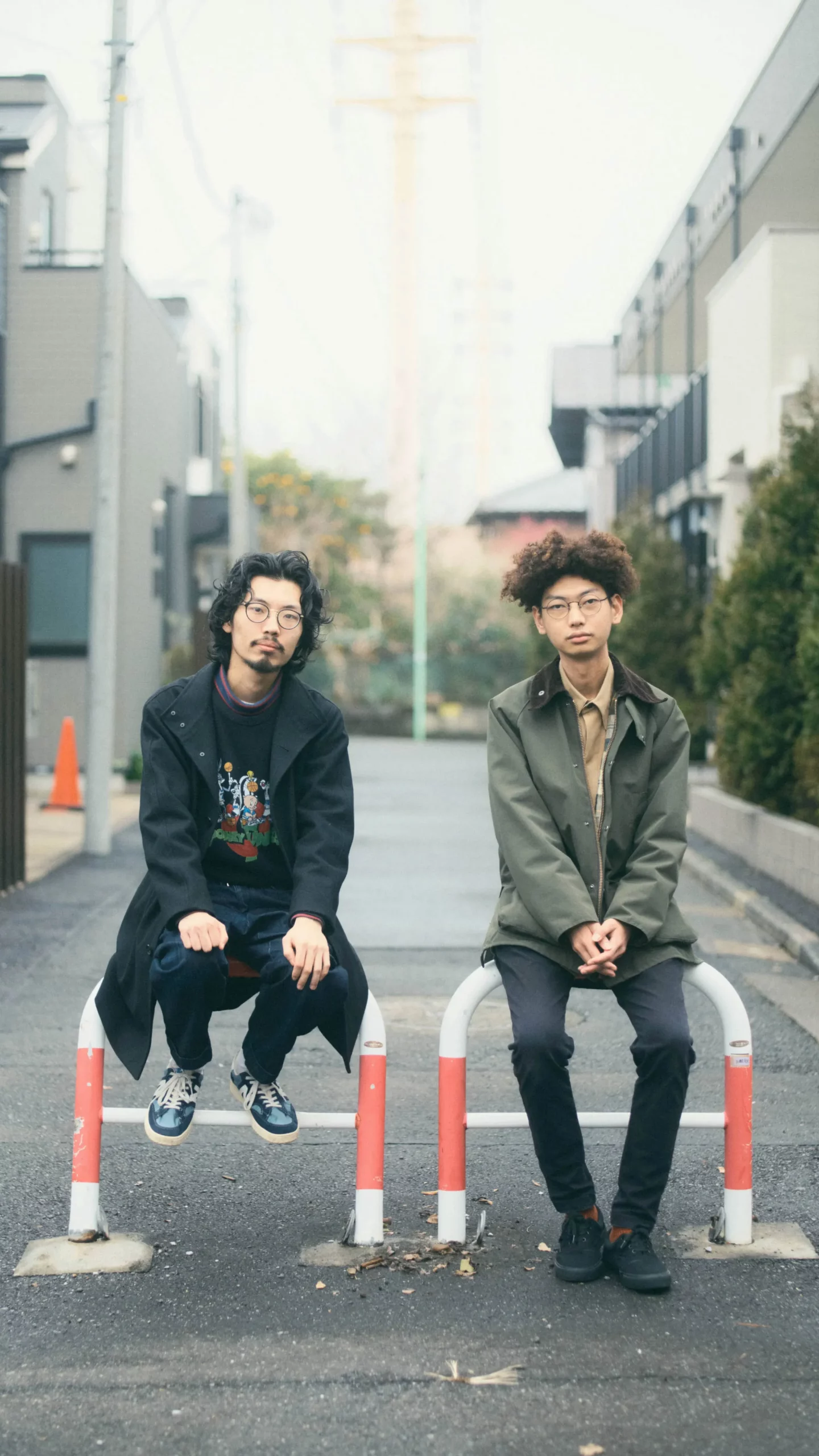INDEX
Delicious, Long-Lasting, and Inherently Japanese
Defining Chappo’s music within an existing genre is difficult, but when the band was formed, you introduced the concept of “Yokan (Japanese dessert) Music.” Is that concept still something you keep in mind?
Fukuhara: I’m not sure if Yuta is consciously thinking about it… I’d say he probably isn’t, right?
Hosono: (Nods silently) Yeah, I guess I vaguely remember that.
Fukuhara: I’m pretty conscious of it, actually. It’s kind of at the core of what we do.
The concept of “Yokan Music” is said to imply something like “sweet, delicious, fun, but with depth.” Does that meaning hold a deeper significance for you now?
Fukuhara: I think about “Japanese-ness” quite a lot. I studied philosophy in university, and with my background in Japanese aesthetics, I’ve always felt a desire to express more of the “innate sensibilities of the Japanese people” in our music, rather than trying to catch up with Western culture.
Yokan has become a nostalgic thing, but it’s still something we’re familiar with, and the joy of sweetness hasn’t changed. “Sono Ato” (The After) was created with this concept in mind. It’s about Japanese-ness that hasn’t been commercialized or turned into a fashionable trend, a subtle, everyday orientalism rather than something easily understood or exotic.
Yōkan might have a unique position, right? It’s not quite like rice, where it’s considered “the representative food of Japan,” but it’s something everyone knows and feels a sense of “Japaneseness” from.
Hosono: Yeah, it’s like something deeply ingrained in our collective subconscious.
Fukuhara: I think it’s pretty cool that something so sweet can have such a dark color [laughs].
Yōkan is a preserved food, so the idea that “it can be enjoyed for a long time without being consumed quickly” makes it a good metaphor for music.
Fukuhara: Yeah, that’s a really good point.
I also looked it up on Wikipedia, and apparently, the unit for counting yōkan is “sao.” Since you both use “sao” instruments like the guitar and bass, it feels like a perfect fit [laughs].
Fukuhara: Wow, this is turning into a really well-constructed story. It used to be part of my “black history,” but now it feels redeemed.
All because of yōkan.
Hosono: Great episode, I’m glad we had this one.

























